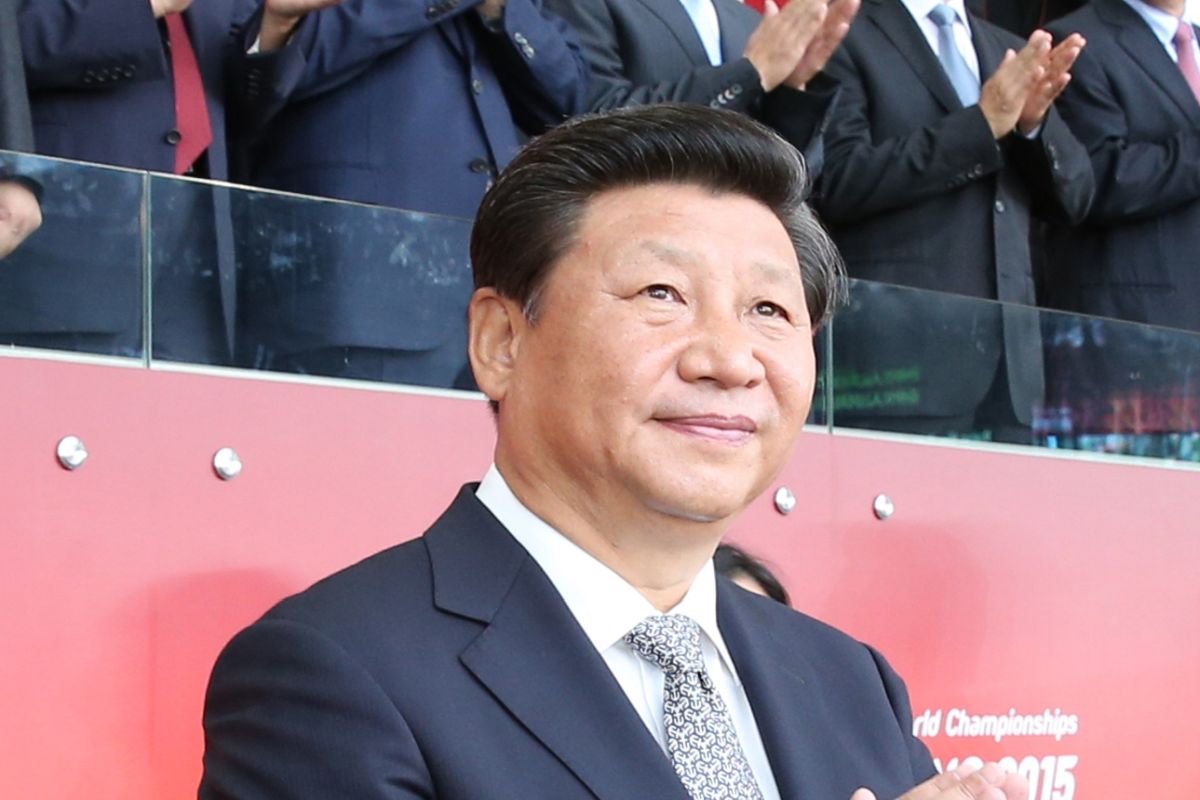Shared Waters
Water security has emerged as a critical issue in the Indo-Pacific region, where transboundary rivers of ten symbolise shared lifelines for multiple countries.
There is much that is under the hat; far too little about the origin and global spread of coronavirus. Close to six months after the reported outbreak last December ~ or was it October? ~ the world is puzzled over the praxis adopted by Beijing, the capital that is as yet almost unaffected along with Shanghai.

Chinese President Xi Jinping. (File Photo: IANS)
International game theory or geopolitics, if you will, is poised for a dramatic change in the wake of the coronavirus pandemic. The comity of nations will have to grapple with the unpalatable truth that China had initially suppressed the extent of the outbreak, had punished whistle-blowers, had exported defective test kits, and then hiked the death toll only very recently.
There is much that is under the hat; far too little about the origin and global spread of coronavirus. Close to six months after the reported outbreak last December ~ or was it October? ~ the world is puzzled over the praxis adopted by Beijing, the capital that is as yet almost unaffected along with Shanghai.
Advertisement
Unlike its suppression of internal dissent, as in Xinjiang where more than a million Uighurs have been herded into detention camps ~ with little or no international protest ~ Beijing’s handling of Covid-19 has jolted the world.
Advertisement
A close reflection of the international scene would suggest that there is an increasingly hostile view of China across the world, a dismal reflection on the leadership of the President-forlife, Xi Jinping, who, to put it mildly, has lost his credibility.
The hope that China might one day initiate political reform has hit the reefs. In addition to the hawks in the Trump administration, there is a marked degree of general consternation over Beijing’s stance. Reports suggest that Britain has virtually jettisoned the “golden relationship”, so-called, with China that David Cameron and George Osborne had once pursued.
Leaders of the Conservative party are said to have demanded a “fundamental reset” in ties, and spy agencies in the United Kingdom have called for a reassessment of the bilateral equation. Now that Brexit has materialised, this could well be the second major foreign policy conundrum for Boris Johnson.
More basically, Beijing’s successful attempts to change the narrative, to dilute domestic anger, have caused fury in world capitals. Chinese diplomats and state media have touted conspiracies suggesting that the US could be responsible for the virus.
US intelligence agencies and an EU report say Chinese operatives spread disinformation about Covid-19 on social media, a charge that has been denied by Beijing. Xenophobia has been fuelled by the Chinese media’s attempts to highlight what it calls “imported cases”.
This has even acquired a racist dimension; a racial profiling of a dreadful disease is inhuman in the extreme. There is no explanation yet as to why Africans in Guangzhou have been targeted for tests, harassed, barred from shops and restaurants, and even evicted.
There have been lapses elsewhere, for instance, in the United States. But Americans will have a chance to hold their leader to account in November. It is the world, though, that will have to call China to account; its citizenry has been rendered incapable of doing so by a totalitarian system.
Advertisement